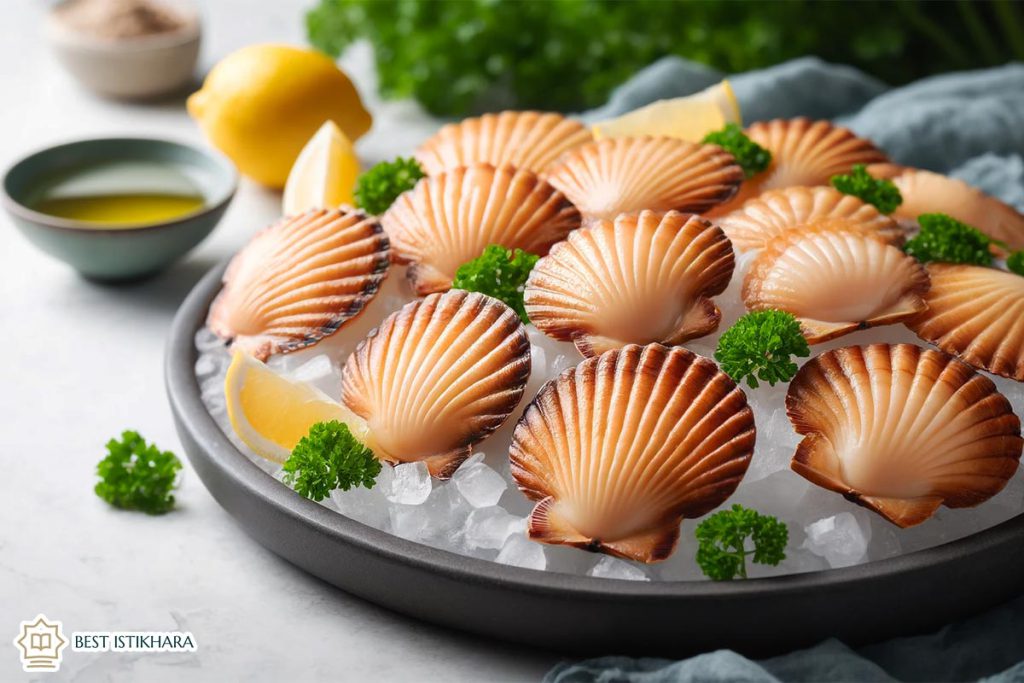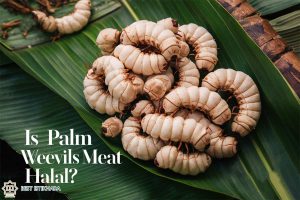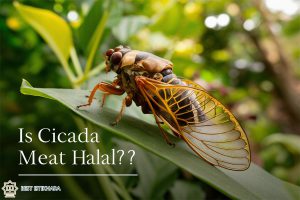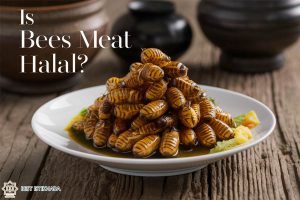Are Scallops Meat Halal?

In the realm of seafood, scallops stand out for their delicate flavor and tender texture, making them a popular choice in many cuisines around the world. However, for Muslims adhering to halal dietary laws, the question arises: Are scallops considered halal? This article delves into the Islamic dietary guidelines to explore the permissibility of consuming scallops. By understanding these religious principles, we can better appreciate the nuances of halal seafood and make informed dietary choices. Join us as we uncover whether scallops meet the criteria set forth by Islamic law. Click to get more information about halal vs haram topics discussed in today’s world.
Understanding the Halal Status of Scallops
The halal status of scallops in Islam can vary depending on different interpretations of Islamic dietary laws. Generally, seafood, including scallops, is considered halal because the Quran permits the consumption of all sea creatures. According to Surah Al-Ma’idah (5:96), “Lawful to you is the pursuit of water-game and its use for food.” This verse is often cited to support the permissibility of eating seafood, including scallops.
Islamic Schools of Thought on Scallops
1. Sunni View: Most Sunni scholars, including those from the Shafi’i, Hanbali, and Maliki schools of thought, consider scallops halal. They argue that since the Quran does not explicitly prohibit any sea creatures, all seafood is permissible.
2. Hanafi View: The Hanafi school is more restrictive and generally permits only fish with scales. Since scallops do not have scales, some Hanafi scholars classify them as haram. However, there is a minority opinion within the Hanafi school that allows the consumption of scallops, considering them halal.
Criteria for Halal Certification
For scallops to be certified halal, they must be free from contamination by haram substances during processing. This includes ensuring that the equipment used to harvest, clean, and package the scallops has not come into contact with non-halal items. Additionally, scallops should be cooked without any haram ingredients, such as alcohol or non-halal animal fats.
Nutritional Benefits and Halal Considerations
Scallops are rich in nutrients, including vitamin B12, magnesium, and omega-3 fatty acids, making them a healthy addition to a halal diet. When purchasing scallops, look for halal certification from reputable organizations to ensure compliance with Islamic dietary laws. Cooking methods should also adhere to halal guidelines, avoiding any cross-contamination with haram foods.
Understanding these detailed aspects of the halal status of scallops can help Muslims make informed dietary choices while adhering to their religious beliefs.
Conclusion
The halal status of scallops varies among Islamic scholars. Most Sunni scholars, including those from the Shafi’i, Hanbali, and Maliki schools, consider scallops halal based on Quranic permissions for seafood. However, the Hanafi school often classifies scallops as haram due to their lack of scales. To ensure compliance with halal standards, it’s essential to source, process, and prepare scallops without contamination by haram substances. Consulting knowledgeable scholars can help Muslims make informed dietary choices. Overall, while mainstream Sunni opinion supports the permissibility of scallops, individual interpretations may differ. Following halal certification and seeking reliable guidance can help incorporate scallops into a halal diet.






